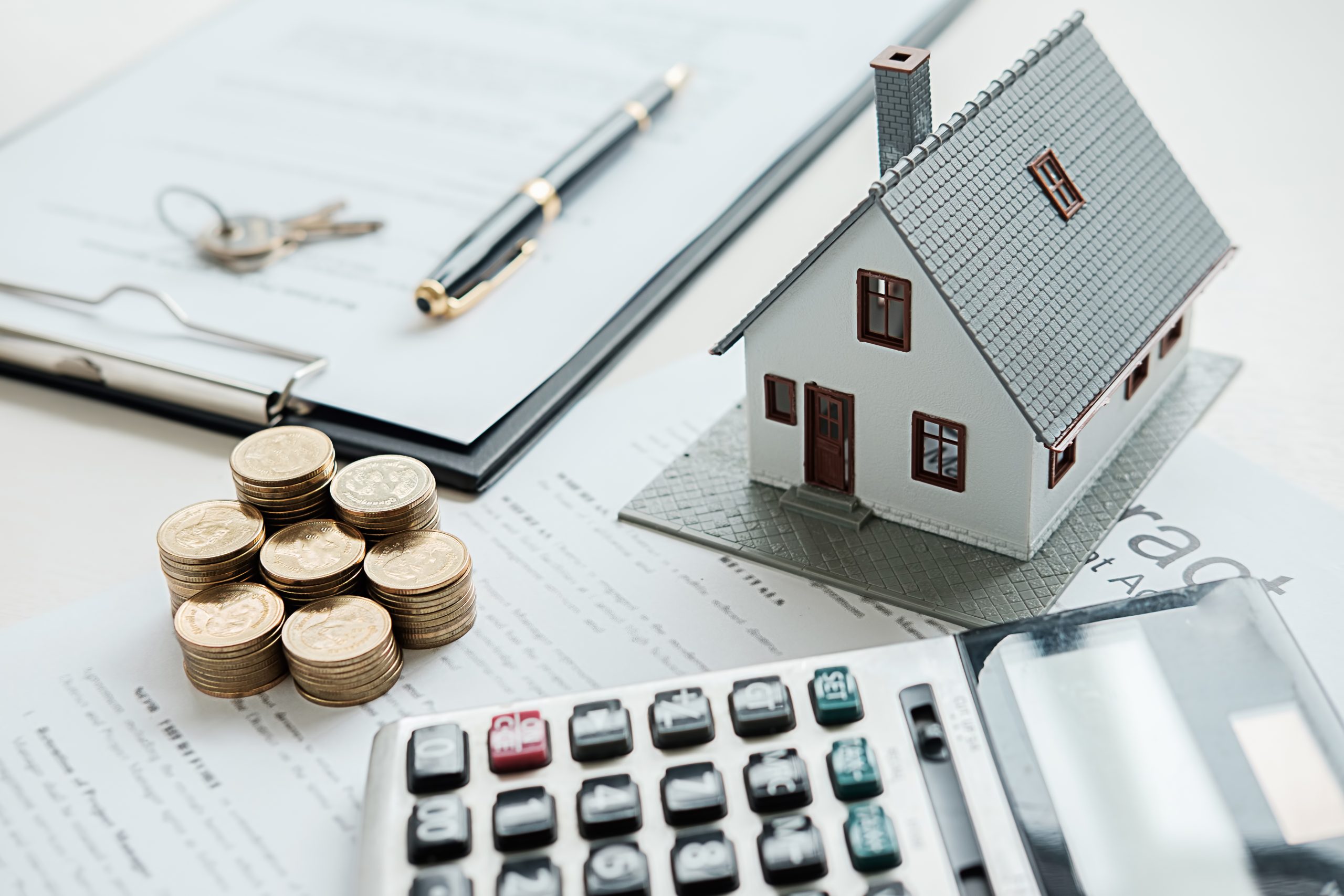There’s a sage old bit of real estate advice that warns “Don’t let your home price help the competition sell theirs!”

Or something along those lines.
Selling a home can be an exhilarating and nerve-wracking experience, and one crucial decision that can significantly impact the success of your sale is determining the right price for your home. While it’s tempting to aim for the highest possible asking price, overpricing can lead to a host of problems. The following are just a few of the pitfalls associated with overpricing a home & reasons why setting a realistic price is so crucial.
Limiting Buyer Interest: When you overprice your home, you immediately narrow down the pool of potential buyers. Many buyers search for homes within specific price ranges, and they tend to ignore properties that are overpriced. Consequently, you may receive fewer inquiries and showings, which can result in extended time on the market.
Avoiding Stagnant Listing and Negative Perception: Homes that linger on the market for an extended period often raise suspicion among potential buyers. They may assume that something is wrong with the property, leading to negative perceptions and doubts about its value. In a competitive real estate market, a stagnant listing can be detrimental to the overall perception of your home, making it less desirable to potential buyers.
Missed Opportunities: When you overprice your home, you miss out on potential buyers who are genuinely interested but never even consider your property due to the high price. These buyers may end up purchasing a different property altogether, meaning you lose potential offers and a chance to sell your home.
Price Reductions: If your home is overpriced, you may find yourself compelled to reduce the price over time. However, multiple price reductions can give the impression that your property is undesirable or that there is something wrong with it. Moreover, buyers who have been monitoring the market may be aware of the price reductions and may perceive you as desperate to sell, leading to lower offers.
Appraisal and Financing Challenges: Even if a buyer is interested in your overpriced home, their excitement can quickly diminish during the appraisal process. Lenders rely on appraisals to ensure the property’s value aligns with the loan amount. If the appraiser determines that the home is not worth the inflated asking price, it can create financing difficulties. The buyer may struggle to secure the necessary loan, potentially jeopardizing the sale.
Lost Time and Money: Overpricing your home can result in wasted time and financial losses. The longer your home remains on the market, the more carrying costs you’ll incur, including mortgage payments, property taxes, insurance, and maintenance expenses. Moreover, if you eventually lower the price, you might not recoup the extra expenses incurred while waiting for a buyer.
All that said, it’s natural to want to maximize the return on your home, but just as important to keep in mind that overpricing can lead to a host of pitfalls. Limited buyer interest, negative perceptions, missed opportunities, price reductions, appraisal challenges, and financial losses are all potential outcomes of overpricing a home for sale. By setting a realistic price based on market conditions, comparable sales, and the advice of a qualified real estate professional, you increase your chances of attracting interested buyers, selling your home efficiently, and achieving a satisfactory (or even delightful) outcome!
Selling your home can be an important and sometimes complex process, but having a reliable and skilled real estate broker by your side can make all the difference. A knowledgeable broker will not only guide you through the intricacies of the real estate market but also help you maximize your property’s value. However, finding the right real estate broker requires careful consideration and thorough research. Here are some important factors to keep in mind when interviewing a real estate broker to sell your home.
Experience and Expertise: One of the most critical aspects to consider when interviewing a real estate broker is their experience and expertise. Look for a broker with a proven track record of successful sales in your local market. Consider their years of experience, the number of transactions they’ve handled – more on this below – and whether they specialize in selling homes like yours. An experienced broker will possess a deep understanding of market trends, pricing strategies, and effective marketing techniques.
Marketing Plan: An effective marketing plan is crucial for selling your home quickly and at the best possible price. During the interview process, ask potential brokers about their marketing strategies. Inquire about their online presence, use of professional photography, virtual tours, open houses, and targeted advertising campaigns. A proactive broker will leverage multiple channels to ensure your property receives maximum exposure to potential buyers.
Communication and Availability: Clear and timely communication is essential when working with a real estate broker. Make sure to assess their communication style and responsiveness during the interview. A broker who promptly answers your questions, keeps you informed about the progress of the sale, and addresses any concerns will provide you with peace of mind throughout the process. Additionally, inquire about their availability and whether they have a team to support them during busy periods.
Client References: Don’t hesitate to ask potential brokers for client references or testimonials from previous home sellers they have worked with. Speaking to past clients can provide valuable insights into a broker’s professionalism, negotiation skills, and overall performance. Ask about the overall experience, level of satisfaction, and whether the broker exceeded their expectations. Positive feedback from satisfied clients is a strong indication of a broker’s reliability and ability to deliver results.
Commission and Fees: While it’s important to consider the commission and fees charged by a real estate broker, it should not be the sole determining factor in your decision-making process. Focus on the value they can provide, rather than solely on their charges. A skilled broker with a solid marketing plan and extensive network may be worth the higher commission if they can help you sell your home quickly and at a higher price.
In the end, the importance in choosing wisely the right real estate broker cannot be overstated, whether selling your home or buying a new one. By considering their experience, market knowledge, marketing plan, communication style, client references, and fees, you can make an informed decision that aligns with your goals. Take the time to interview multiple brokers, ask pertinent questions, and trust your instincts. Remember, a competent real estate broker will not only simplify the selling process but also help you achieve the best possible outcome for your most valuable asset: your home.
Pro-Tip of the Day for Real Estate Sellers: When interviewing prospective listing agents, always keep in mind that you aren’t trying to hire a long-term employee; you are a talent scout seeking true proof of performance. Don’t simply look at stats presented in an elevator pitch; inquire about actual batting average percentages. For example: 25 properties sold on 25 listings taken, is much more impressive than 100 properties sold on 125 listings taken (which is actually a terrible win/loss ratio!) Instead, look to increase your odds of achieving a successful result by seeking a broker who lives for the delight of a select (i.e., manageable) number of clients each season!
*The author of this post (Chad Meier of Living Room Realty) is a productive hands-on real estate broker, who occasionally finds time between transactions to write no-nonsense articles like the one above. If you have a challenging issue or would simply like to discuss real estate in general, Chad can be reached at 503-709-9600 -or- dcmeier@gmail.com today.





